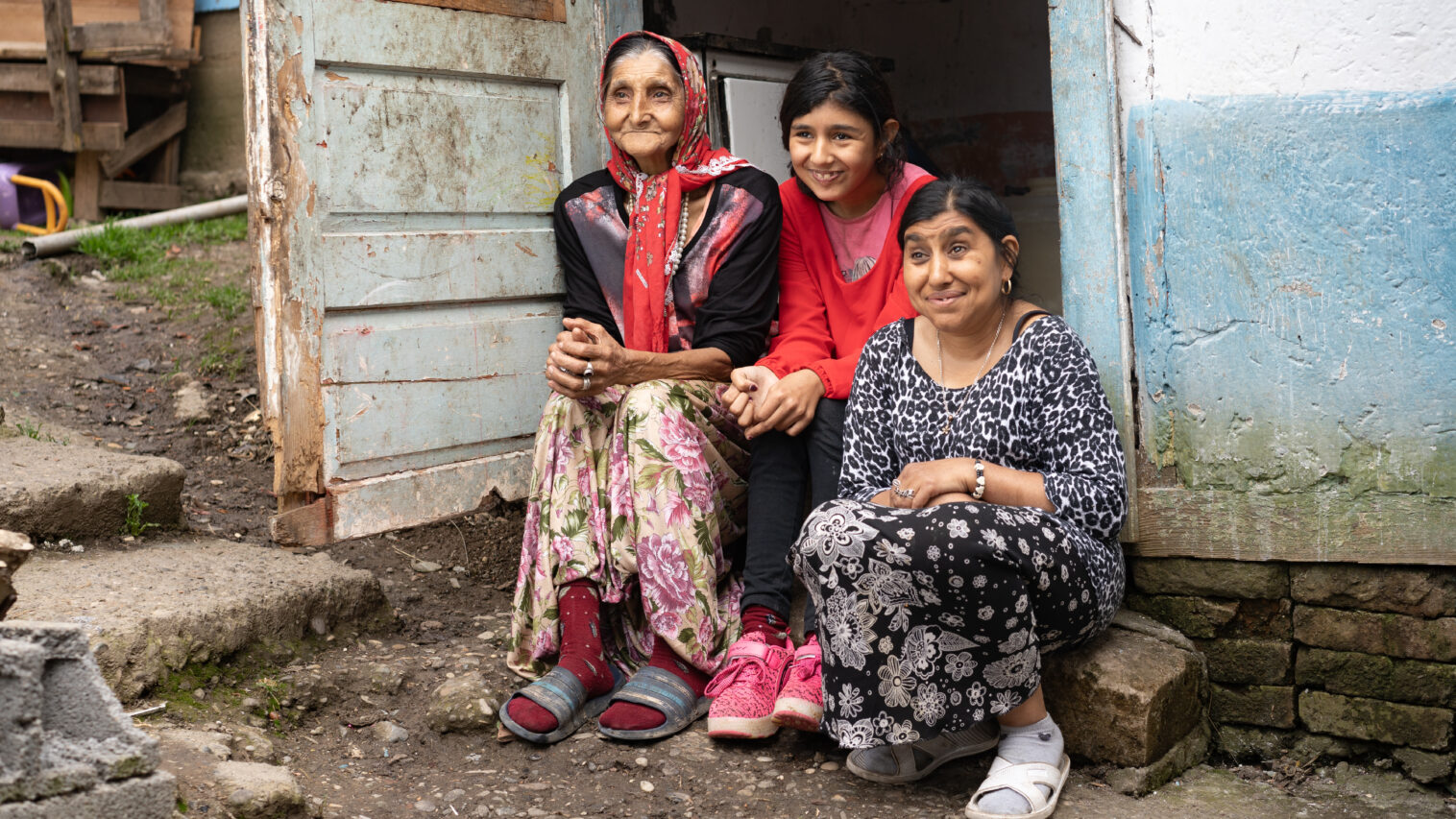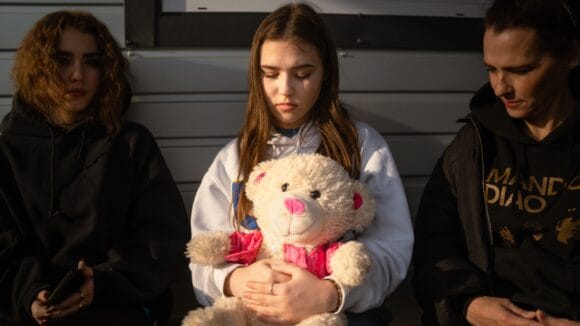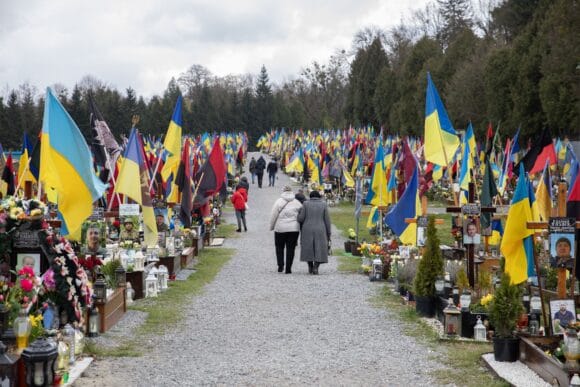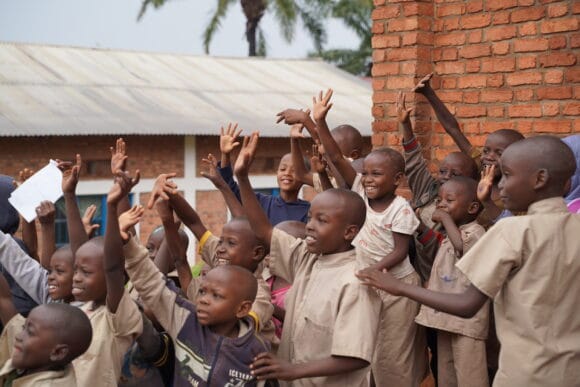In the early 2000s, the Roma community in Kiseljak, Bosnia, lived in extreme poverty, lacking access to water, electricity, and basic rights. Sixty percent of children didn’t attend school, and child marriages were common. Begging was a frequent means of survival. Yet, amidst the hardship, a spark of hope began to ignite.
In 2005, Fida, along with a local partner church, began supporting children’s education in Kiseljak’s Roma community. Finnish sponsors have been a crucial source of support since the beginning. Anne and Janne Harjukoski, who worked in Bosnia for five years to support a better future for the Roma, recently returned from a trip where they visited Kiseljak. Anne shares her impressions:
“When you visit, you expect things to look as they did before. But when you see those who were once sponsored children, you notice a big difference. Their homes are well-kept, many have completed vocational training and found work, and they ensure their children go to school. A sense of hope has come to the village.”
Anne adds, “Today, all children attend school, and former sponsored children no longer rely on begging. They may not live in luxury, but they’re better connected to life than the previous generation.”
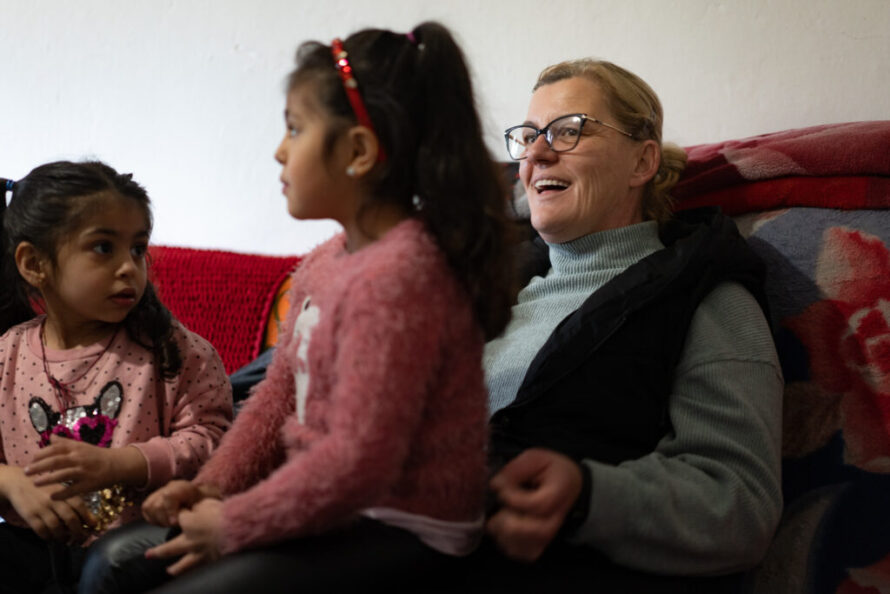

Collaborating for Roma Well-Being
Local team coordinator Elvira Kušljugić-Bijelić notes that after 10 years, the impact of their work in Kiseljak became visible. A new generation emerged with fresh perspectives and a desire to improve their community. This change did not go unnoticed by schools, social workers, and other partners.
“We gained recognition, and many official agencies sought our advice on working within the Roma community,” Elvira explains.
A few years ago, a community center was established in Kiseljak, where city officials and Fida’s local team work together for the Roma community. The sponsors’ team is now seen as experts, frequently consulted for guidance. Elvira describes the current situation in Kiseljak: Many families now have at least one employed member or a small business owner, and more young people are pursuing further studies. This is especially significant for girls, as education reduces the incidence of child marriages. Mothers, too, are increasingly involved in various programs, including vocational training.
“We work daily to improve living conditions for the Roma—electricity and water issues are lessening, and sewage and wastewater solutions are in progress, reducing the prevalence of infectious diseases.”
Although there is still work to be done in Kiseljak, Elvira is proud of the changes underway. She concludes happily, “Today, we can say that we’re writing a story in Kiseljak with a hopeful ending.”
